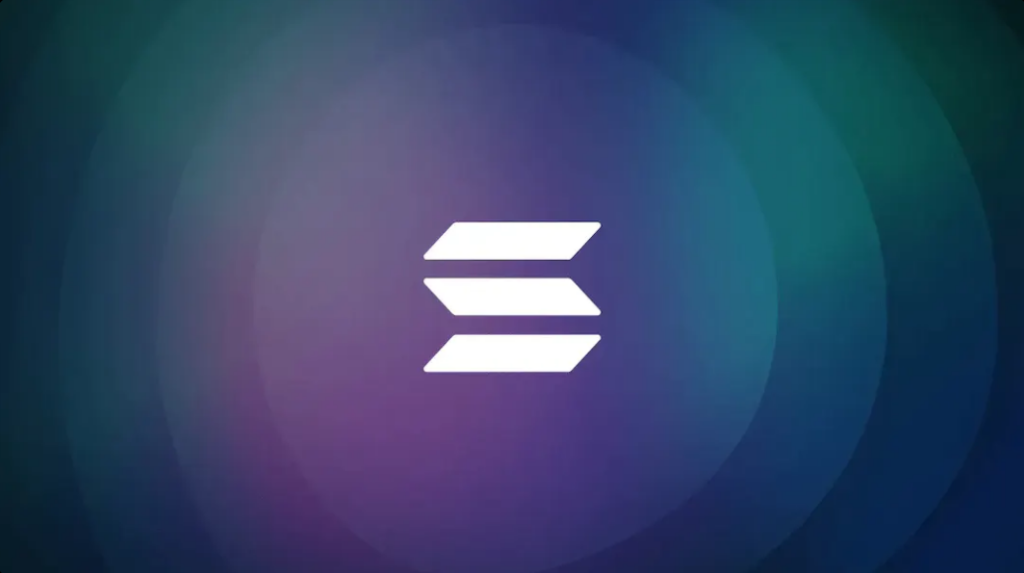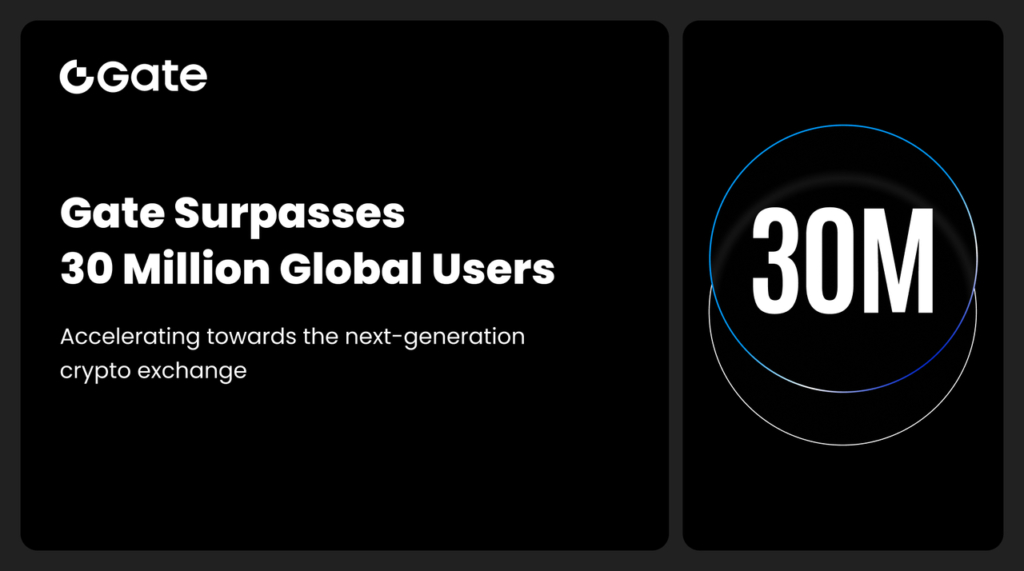On Friday, September 30, at around 22:41 UTC, the Solana Mainnet Beta cluster came to an end because the network was unable to recover from a fork brought on by a flaw in the implementation of the consensus algorithm.
A validator operates a hot-spare node, which is a second node that is active and intended to be used as a backup in the event that the primary one fails.
However, a Solana Foundation update revealed that the backup node had been turned on and was functioning equally well as the primary one.
As a result, the two nodes sent the network separate blocks, resulting in parallel blocks.
As the blockchain ultimately chose between the two alternate blocks, as it would with any small fork in the network, this was handled well for the first 24 hours.
However, the blockchain’s bug prevented it from continuing to generate new blocks after making one of these decisions.
Austin Federa, the Solana Foundation’s head of communications, stated in the update that “even though the correct version of block 221 was confirmed, a bug in the fork selection logic prevented block producers from building on top of 221 and prevented the cluster from achieving consensus.”
The blockchain was therefore unavailable for roughly seven hours until the validators concurred and applied a fix to the code.



